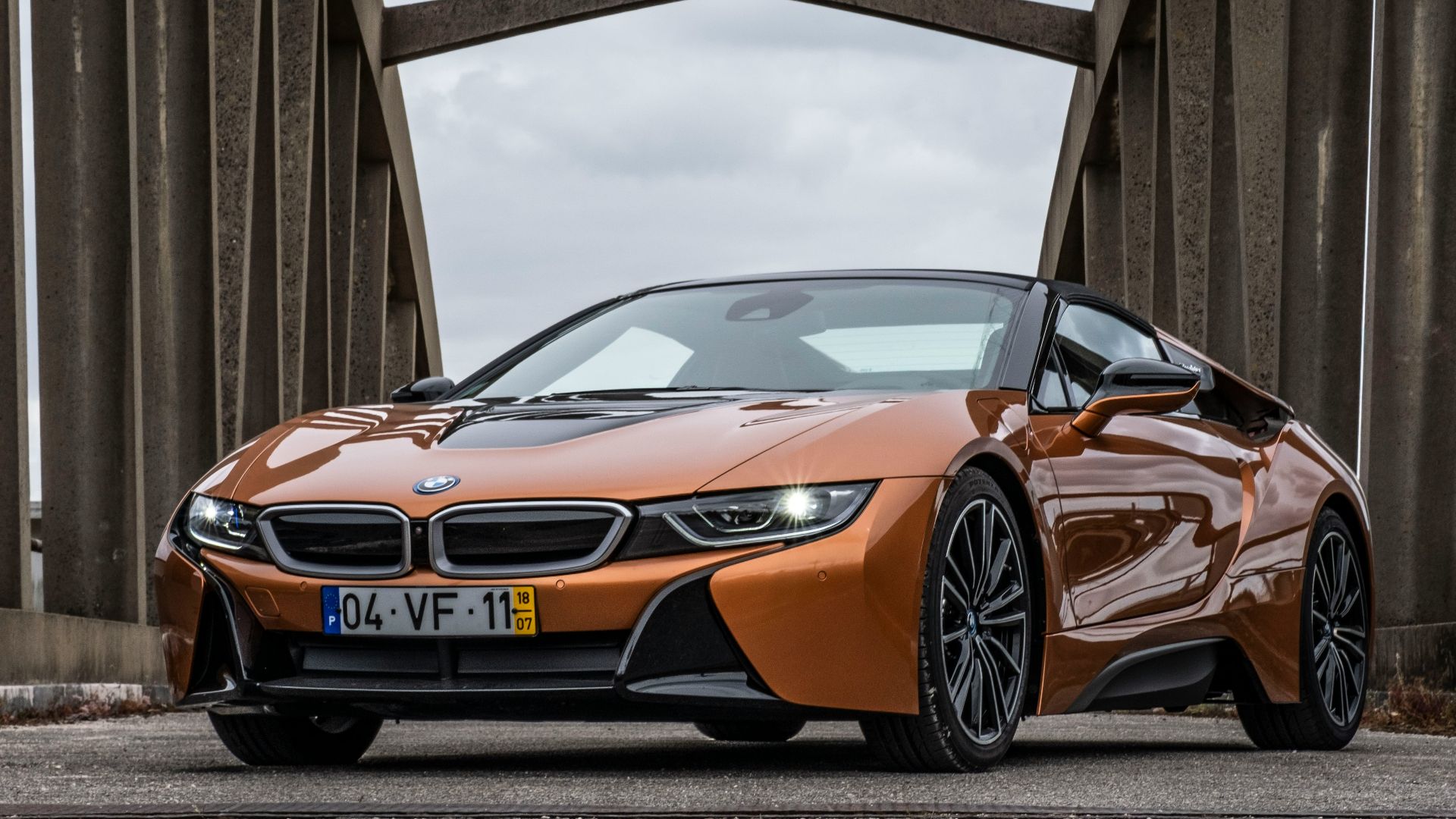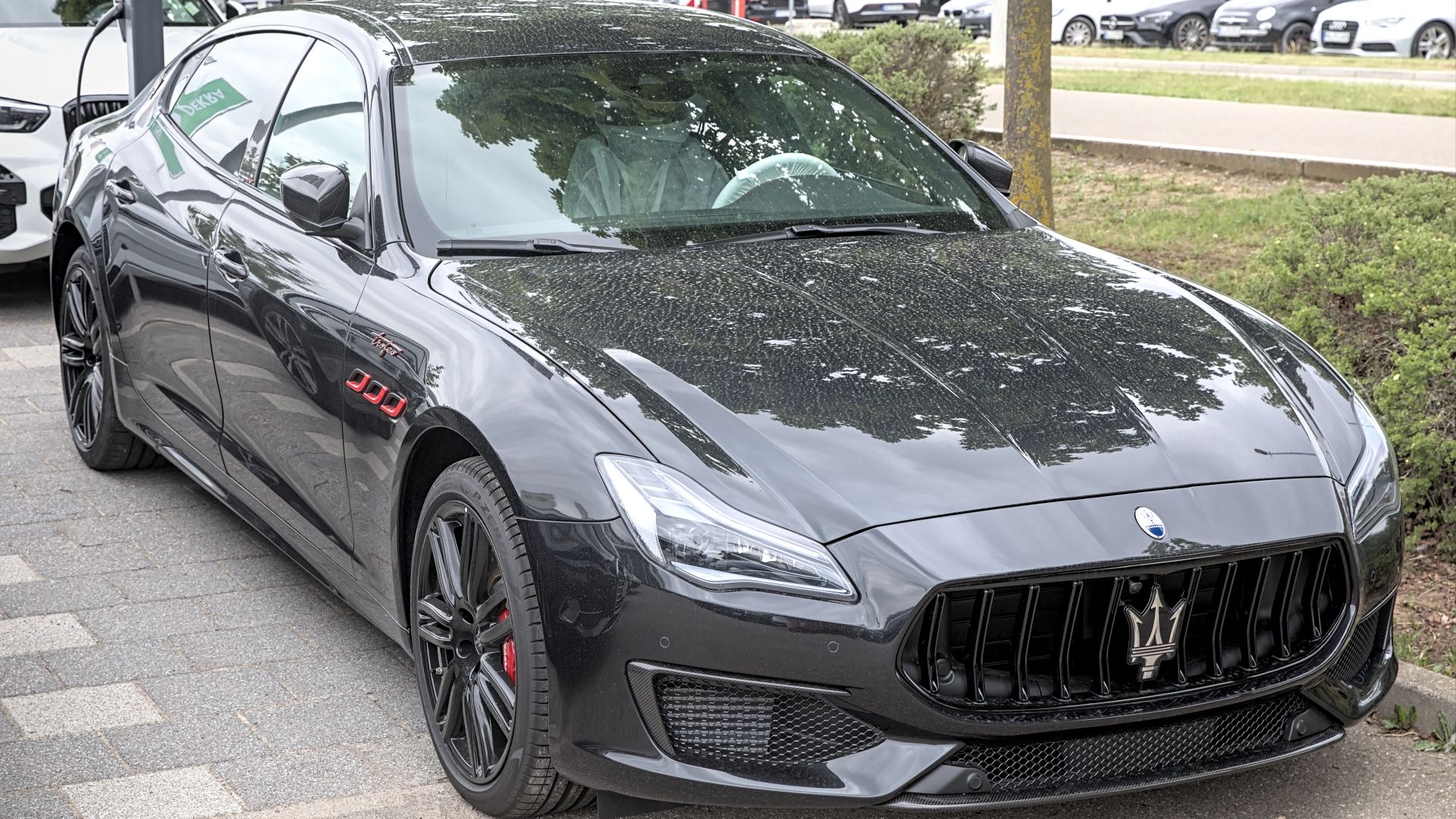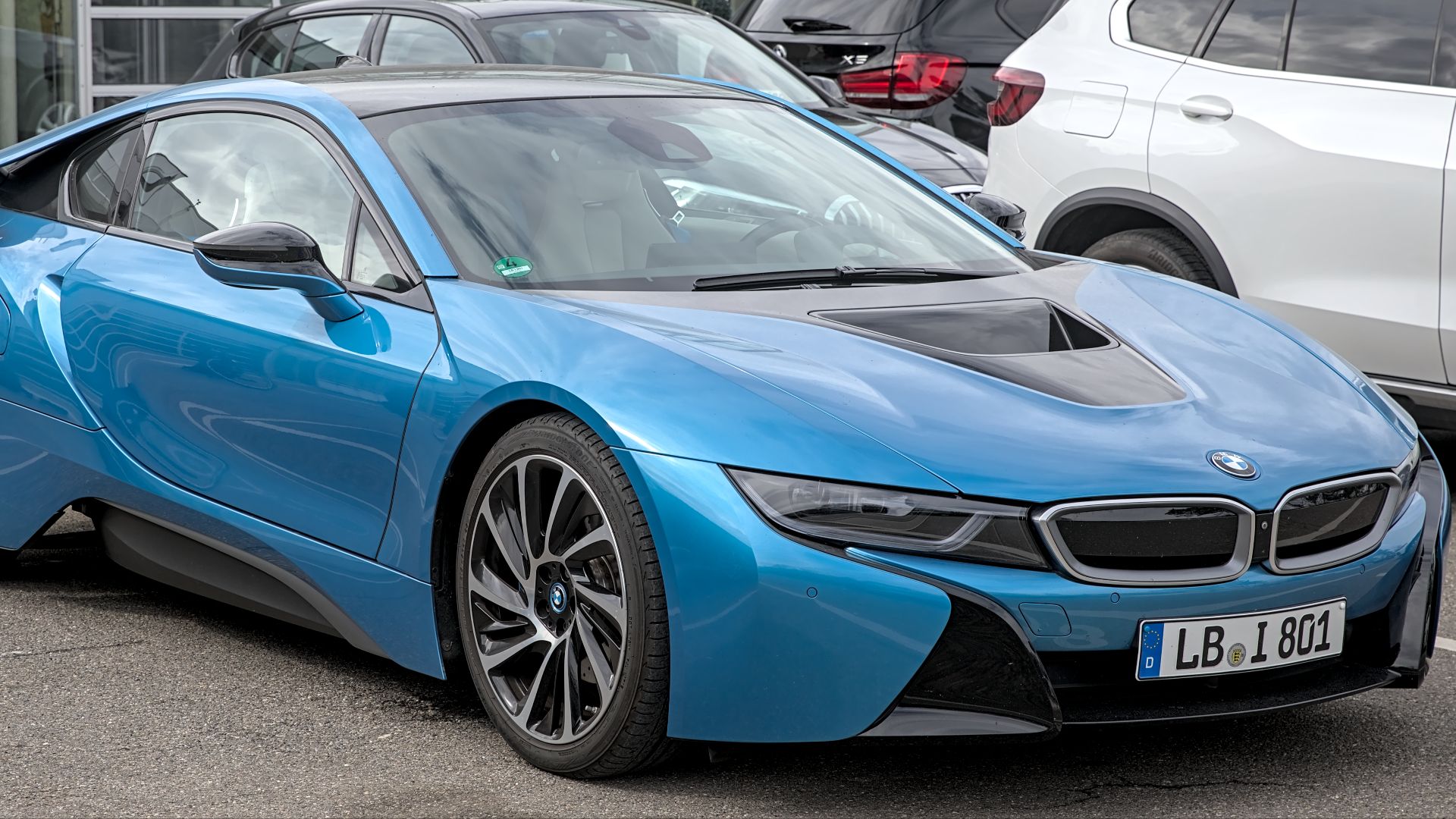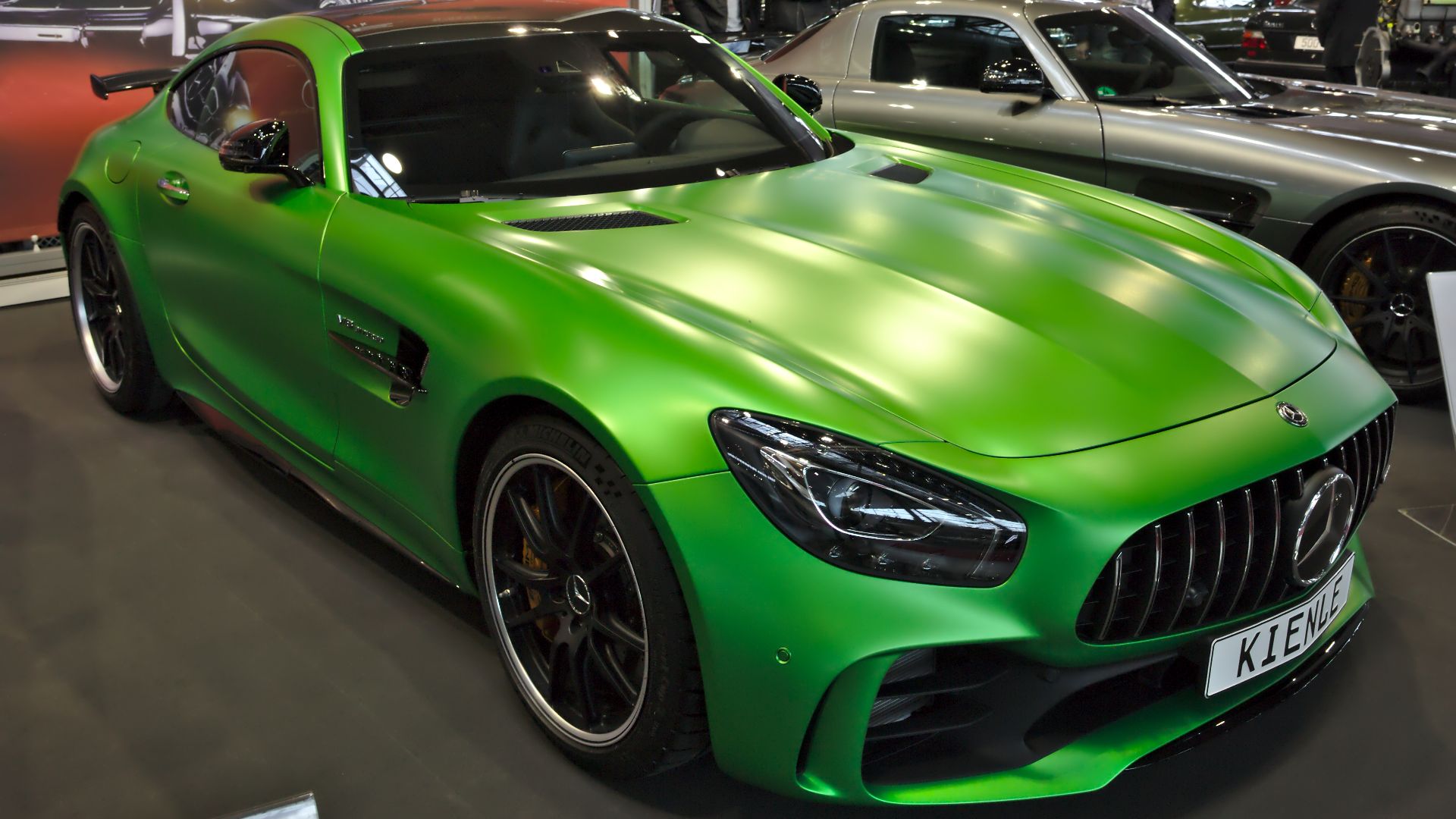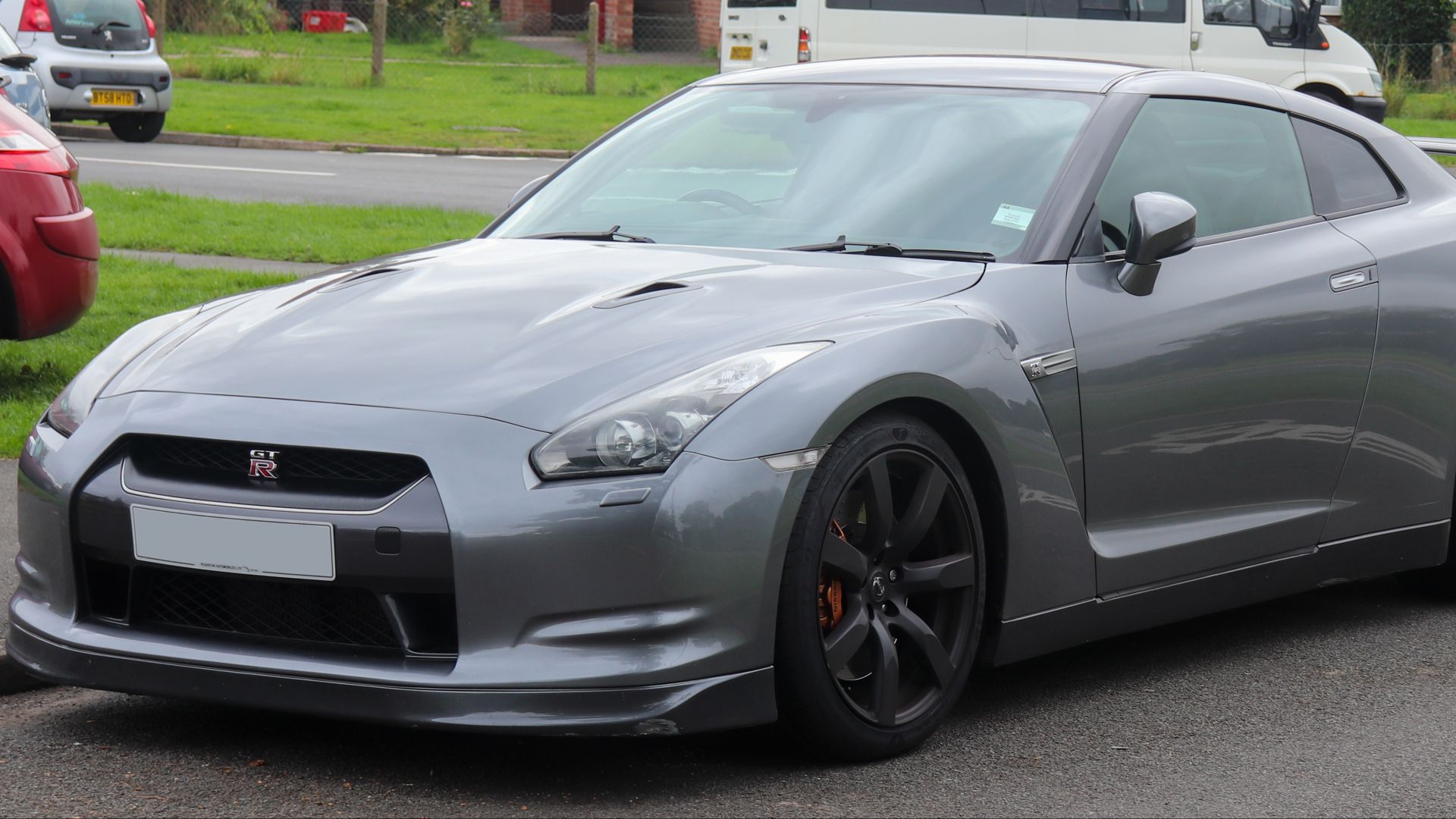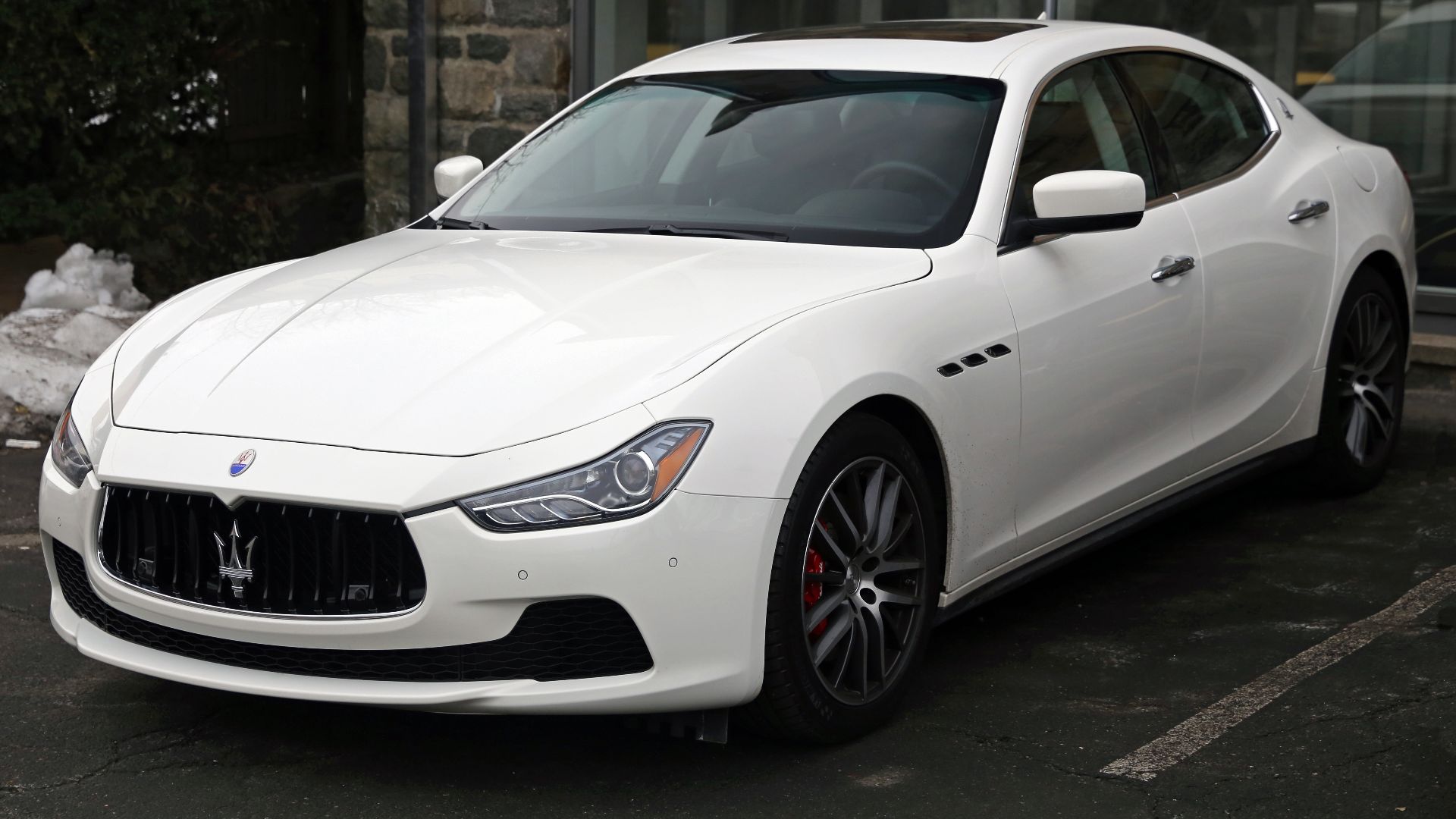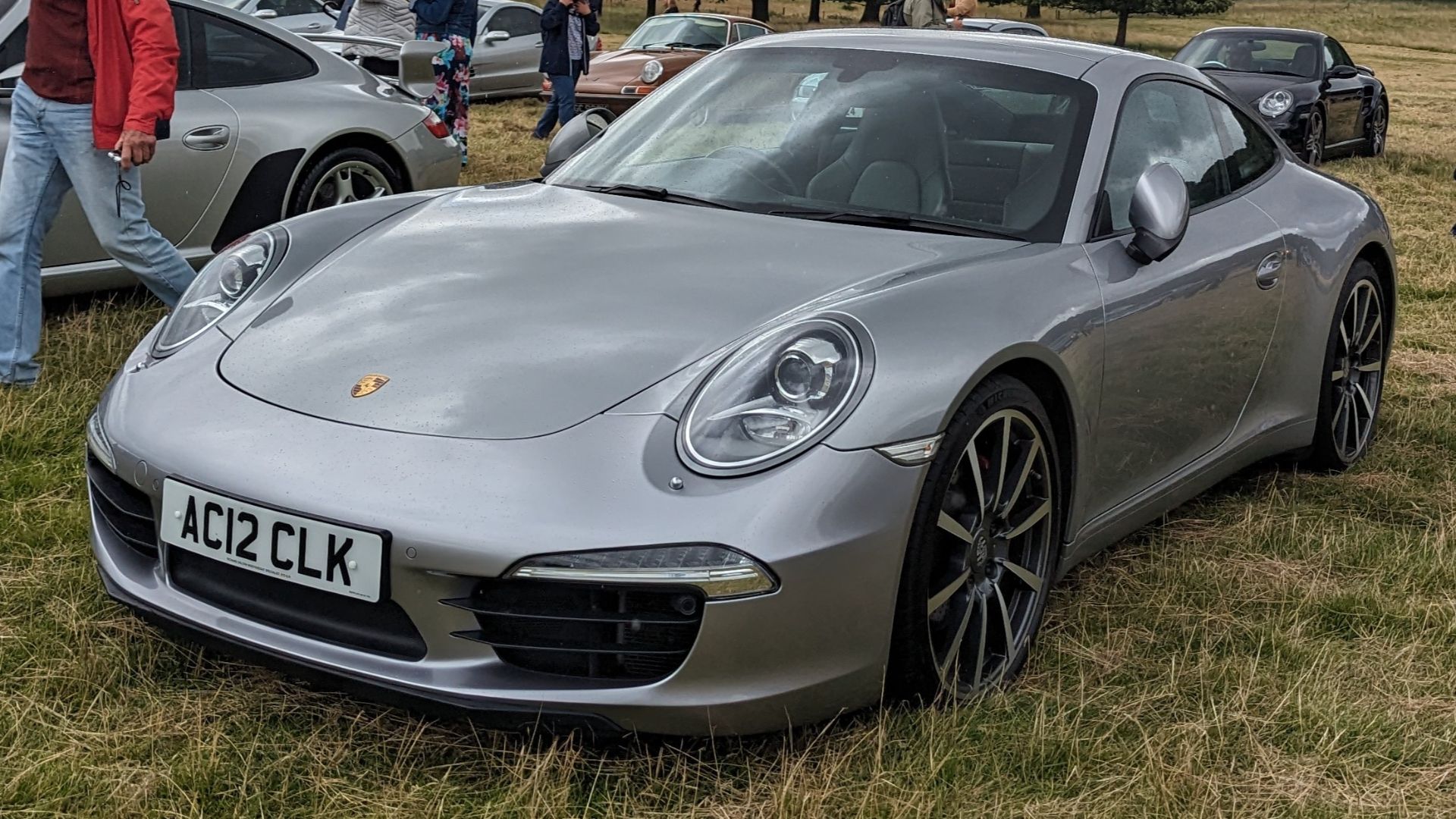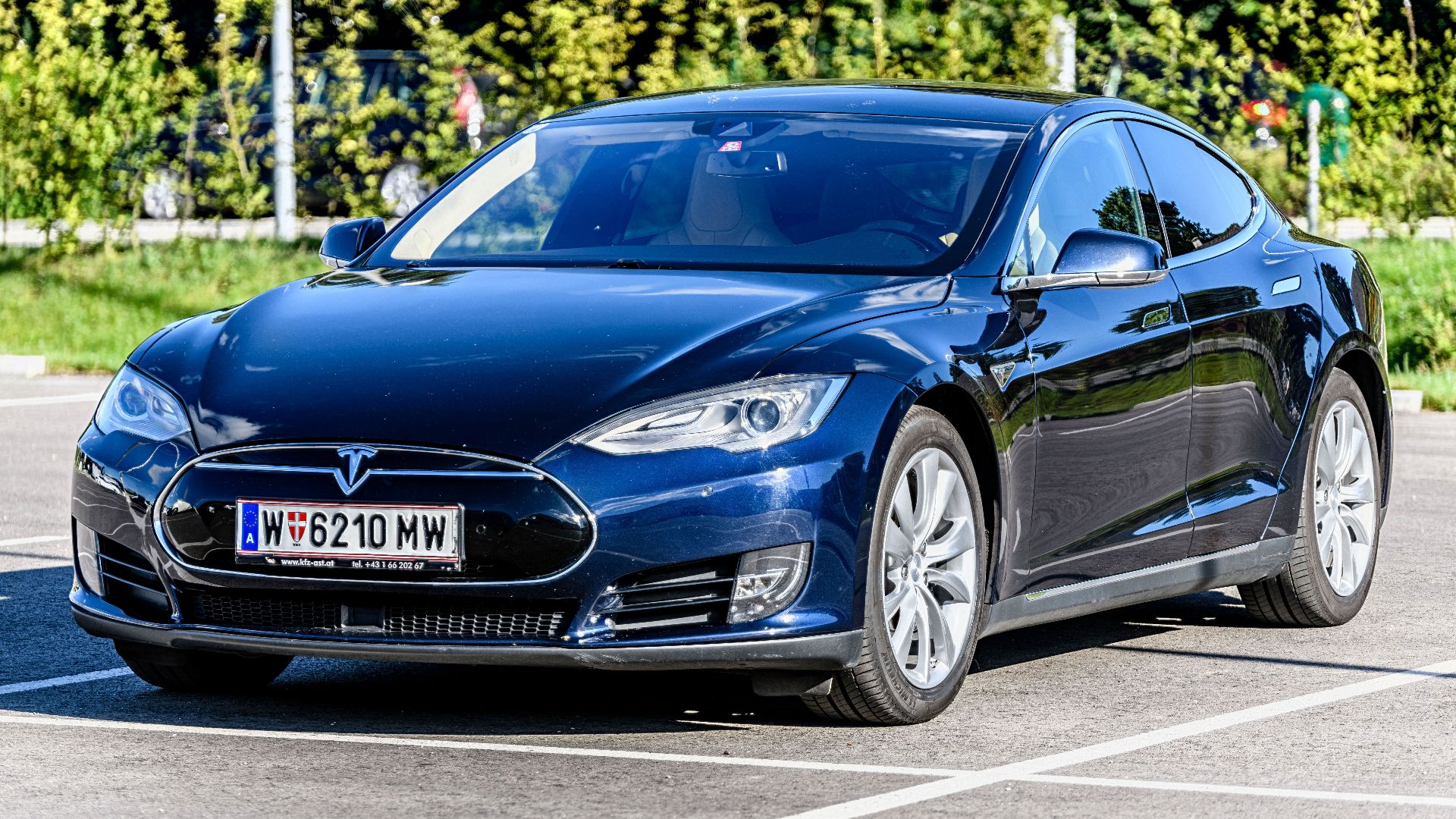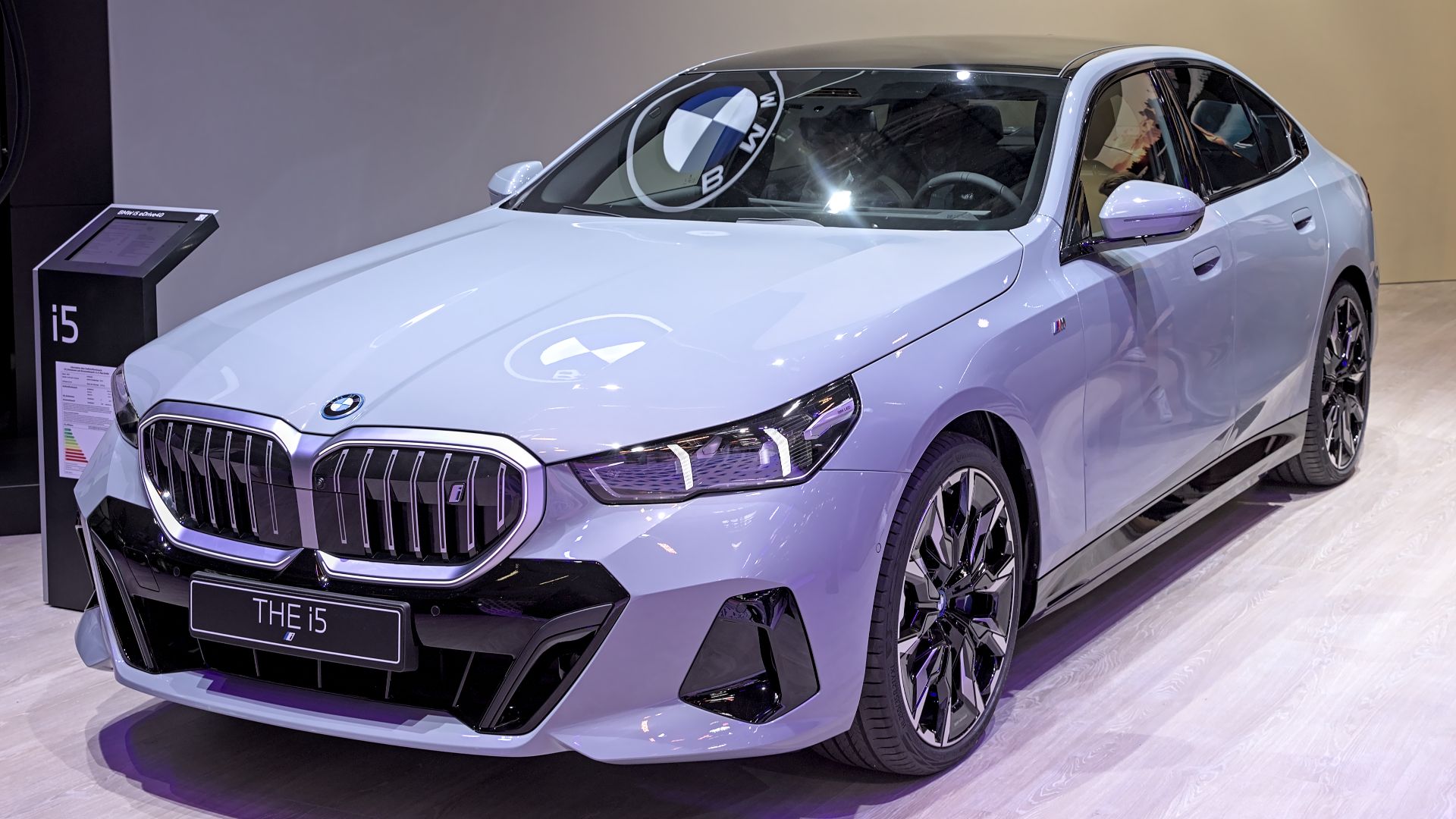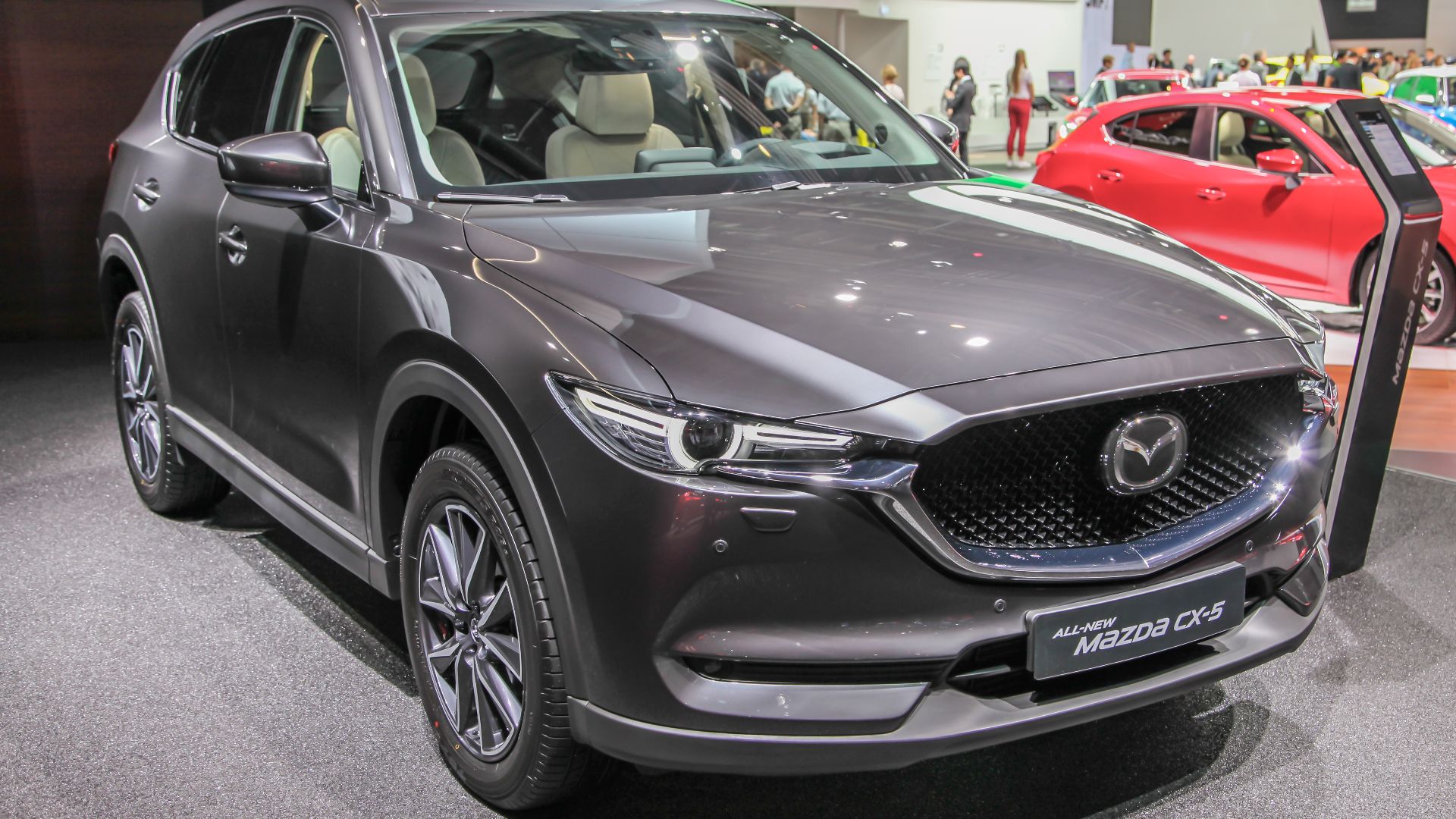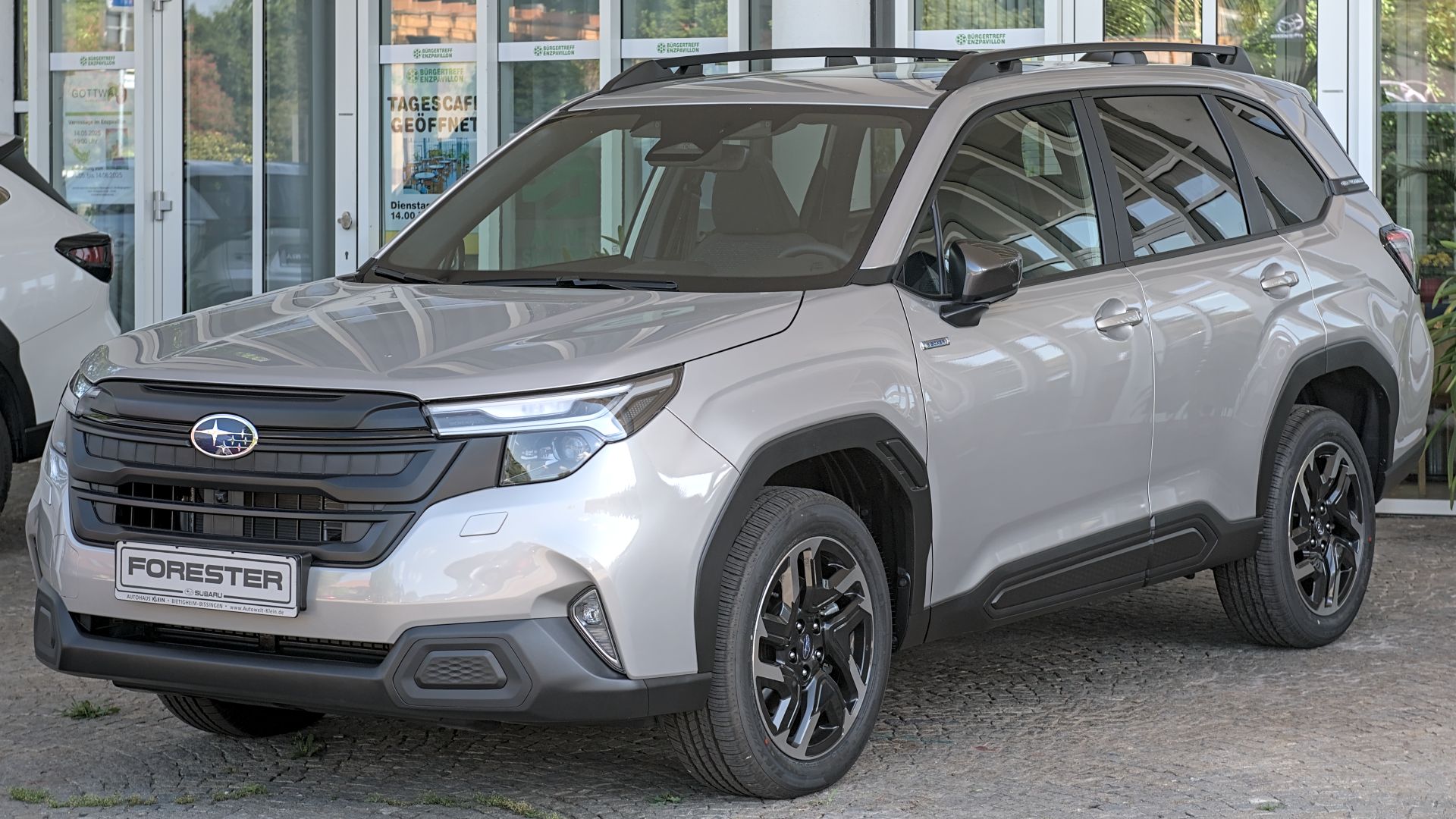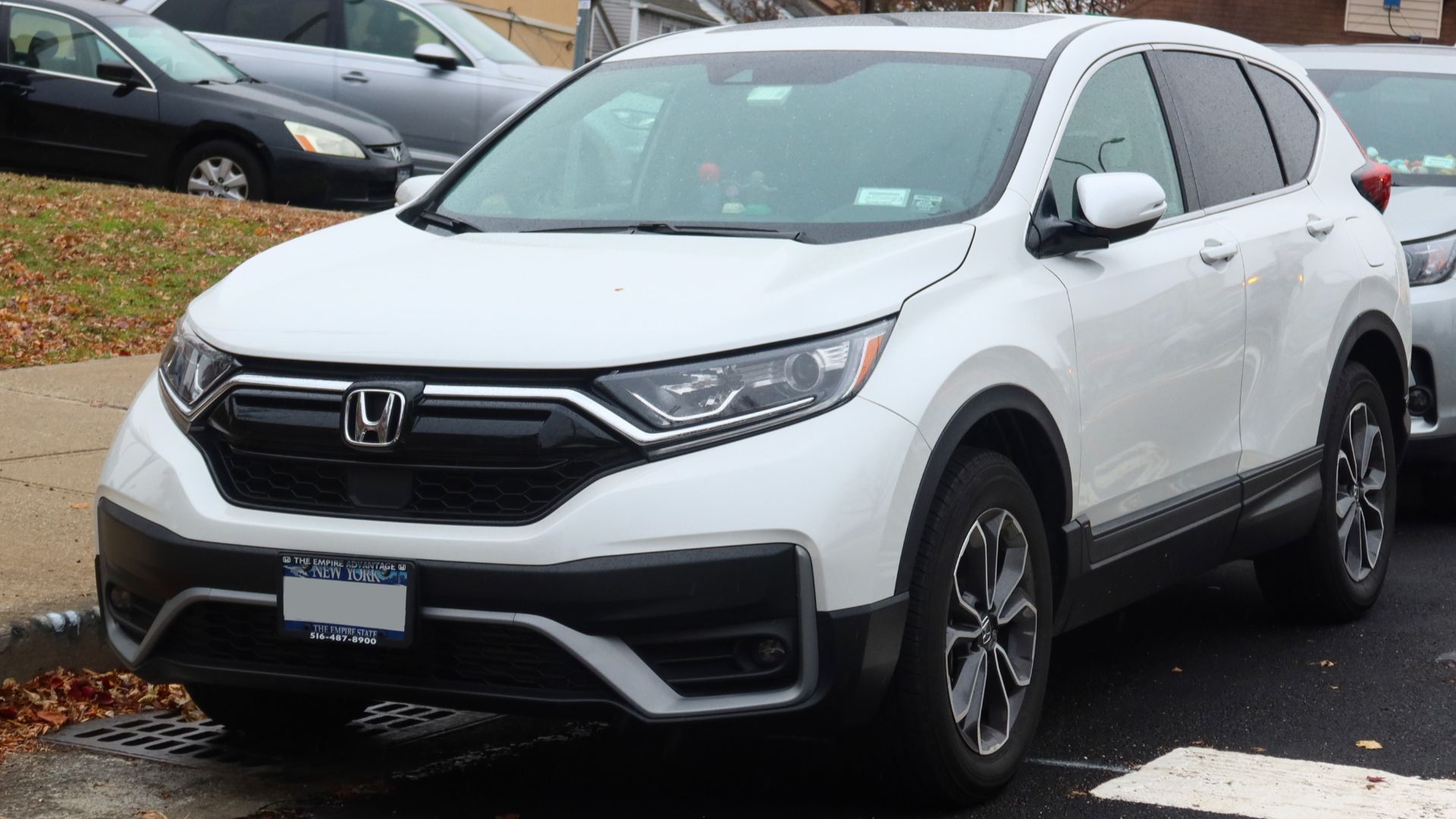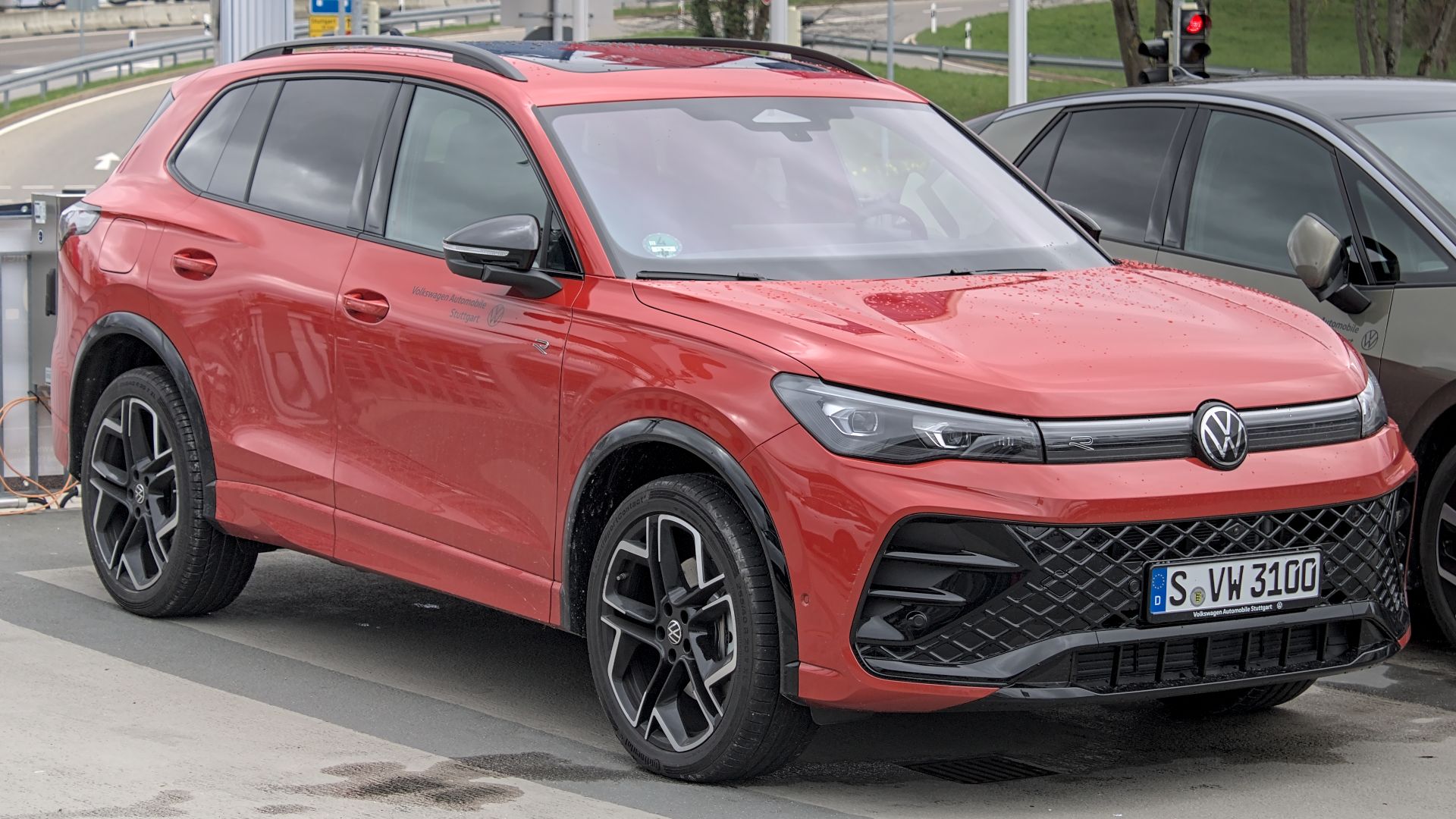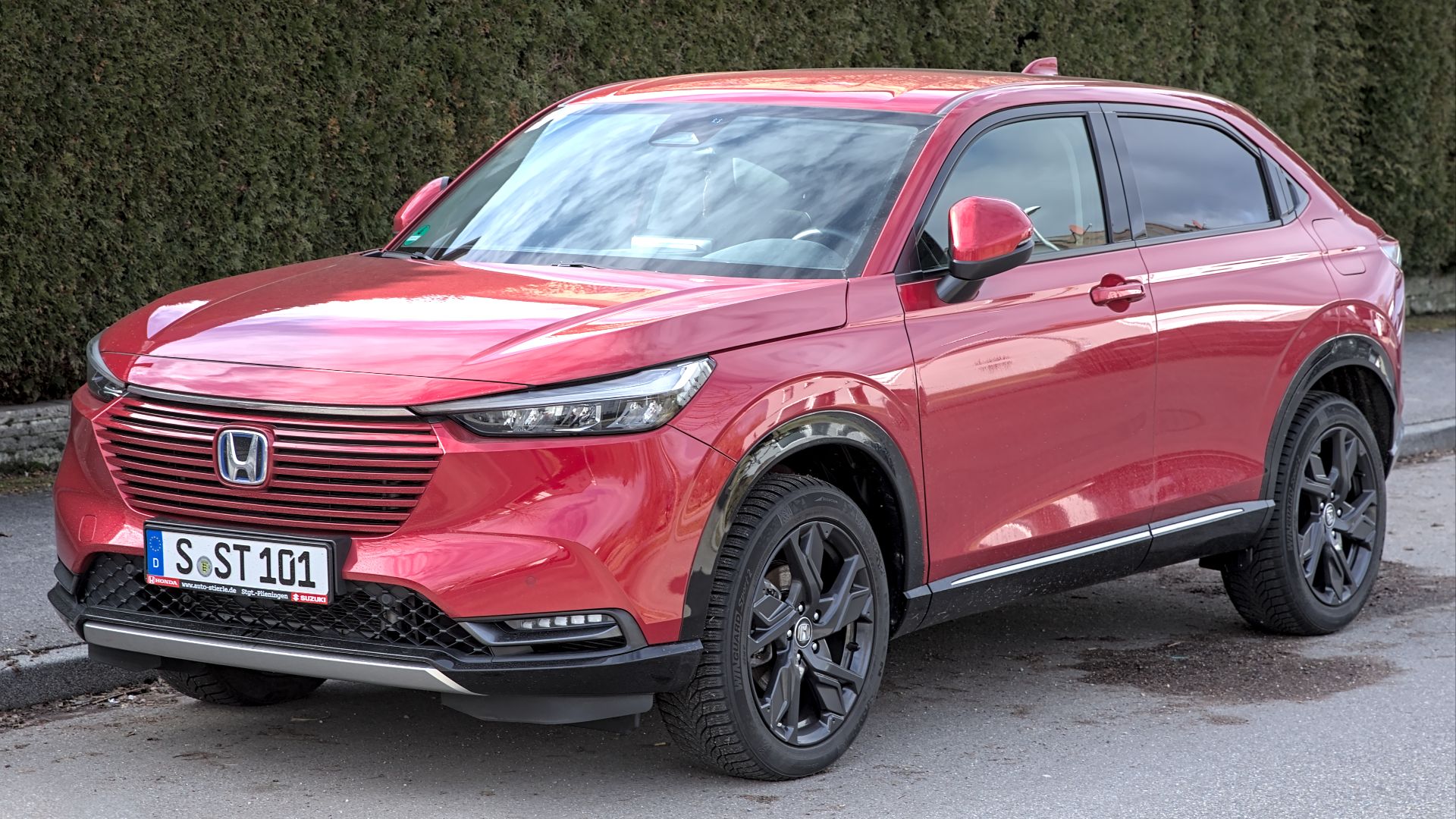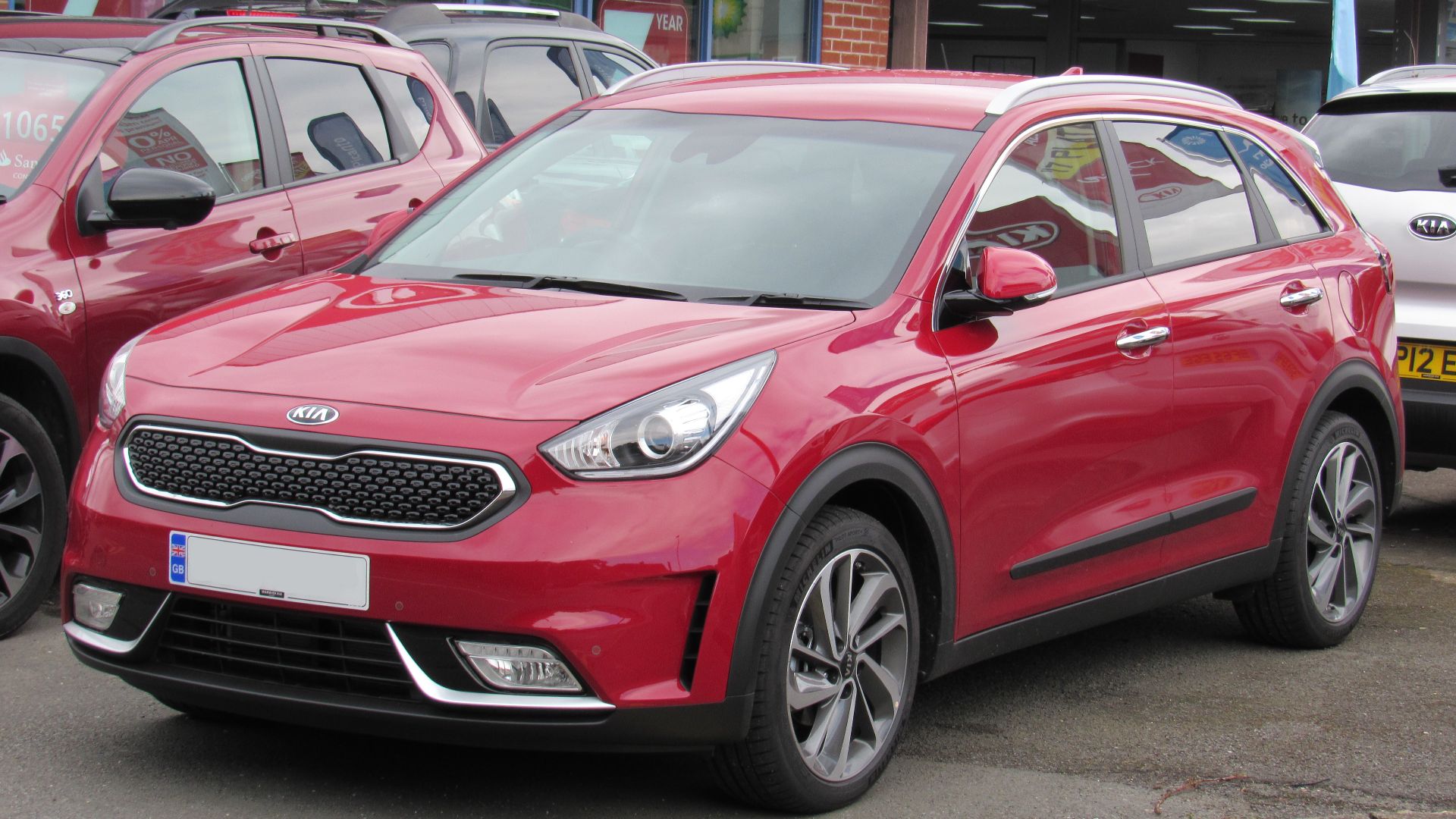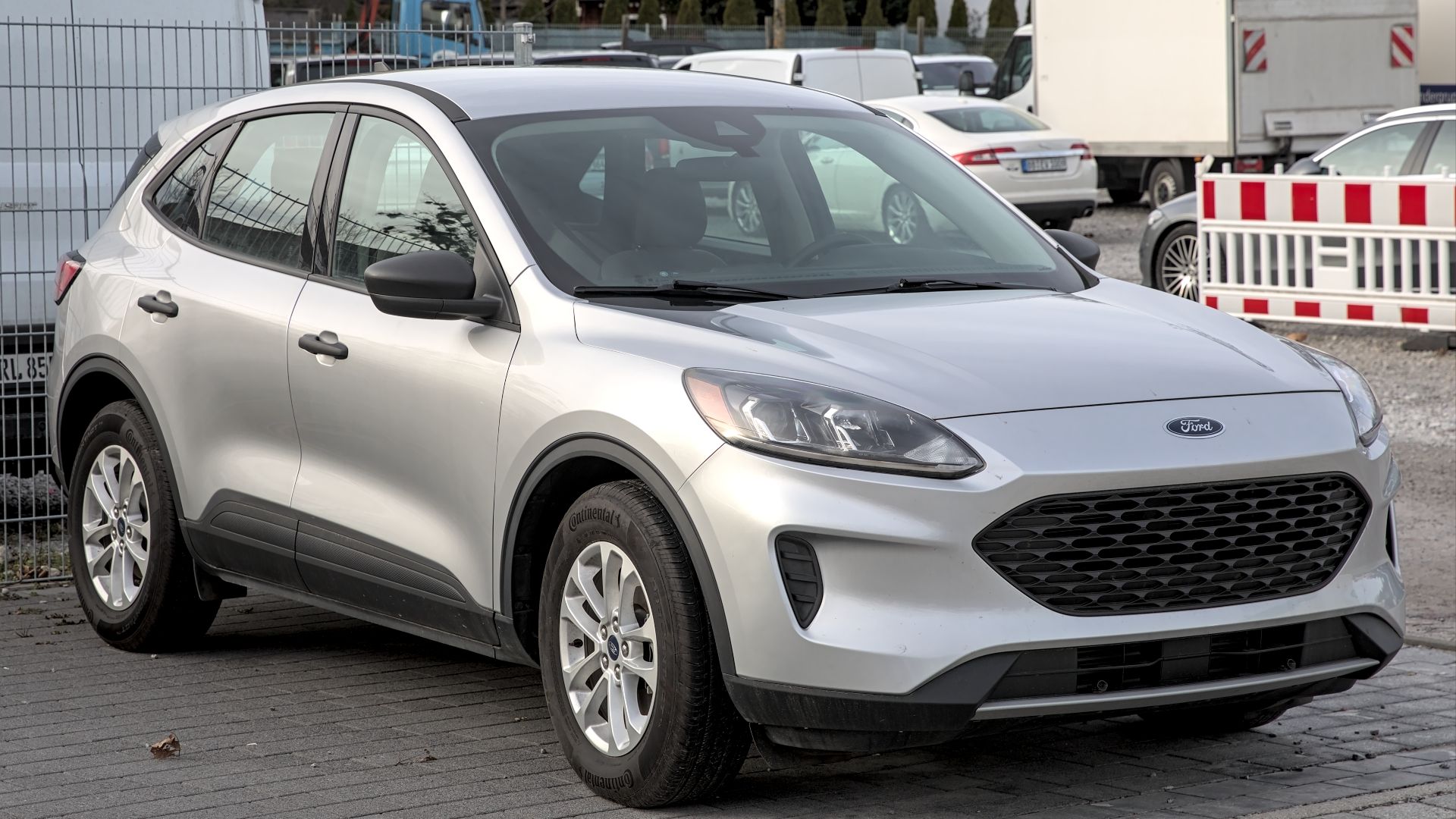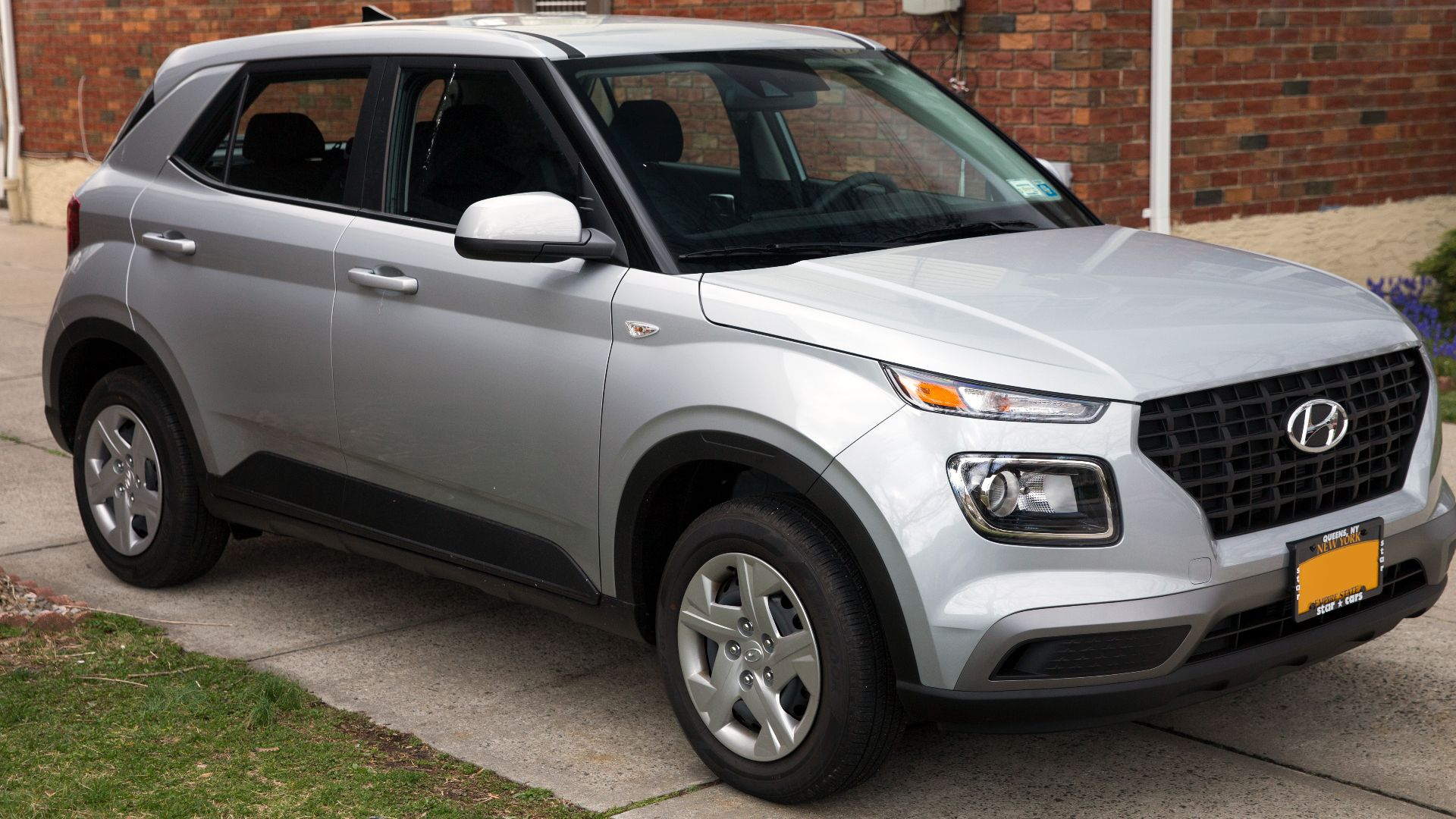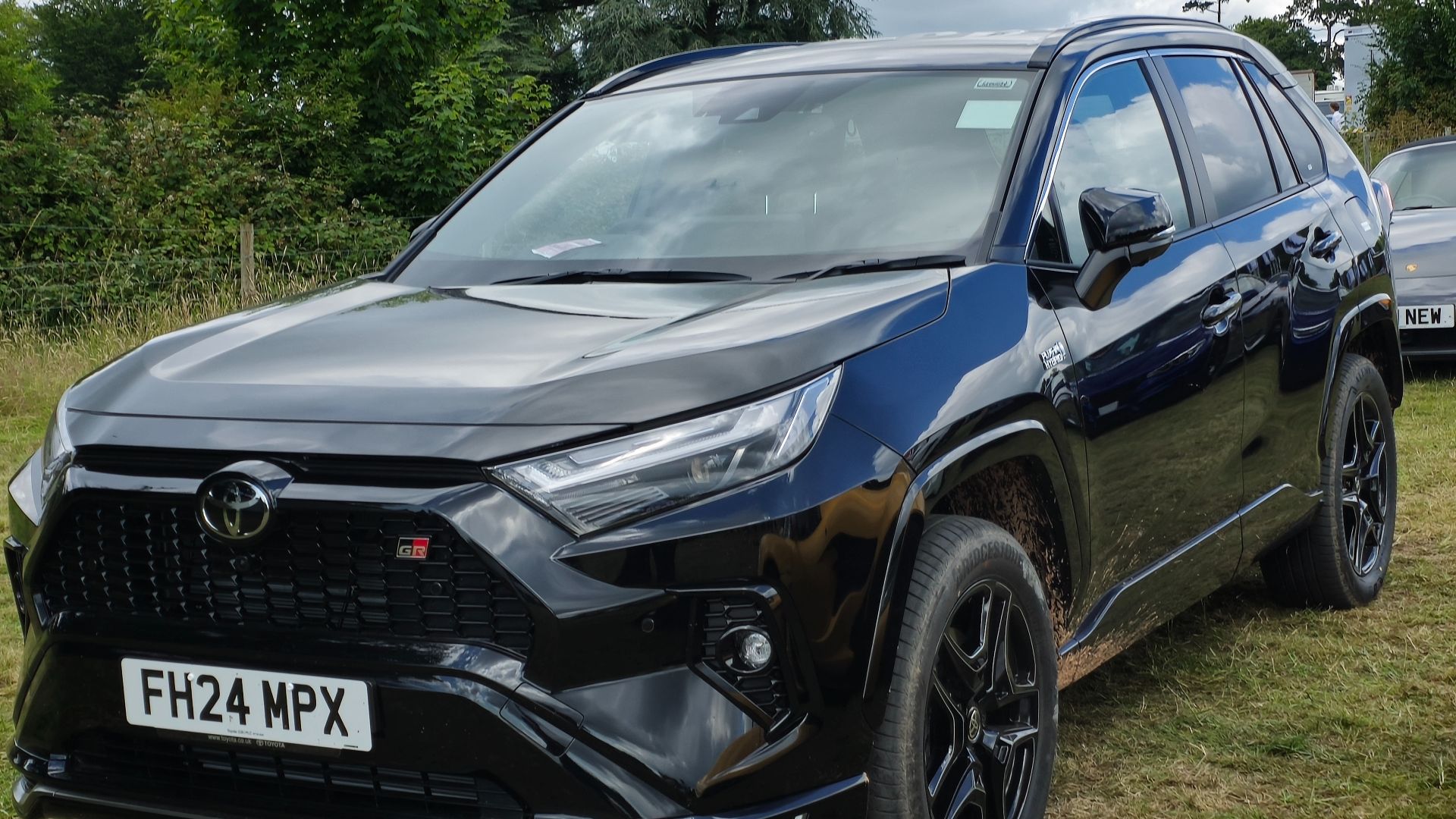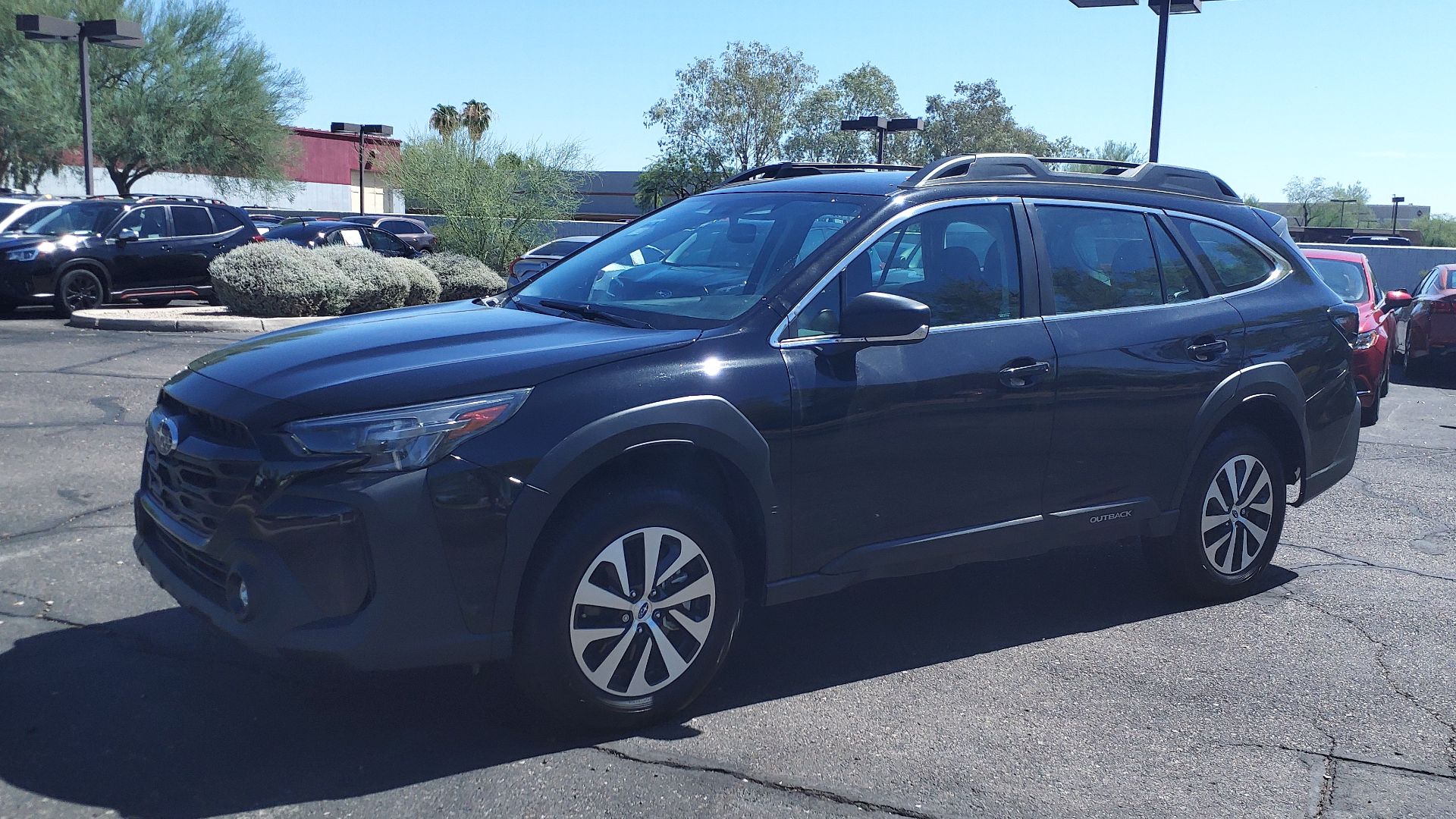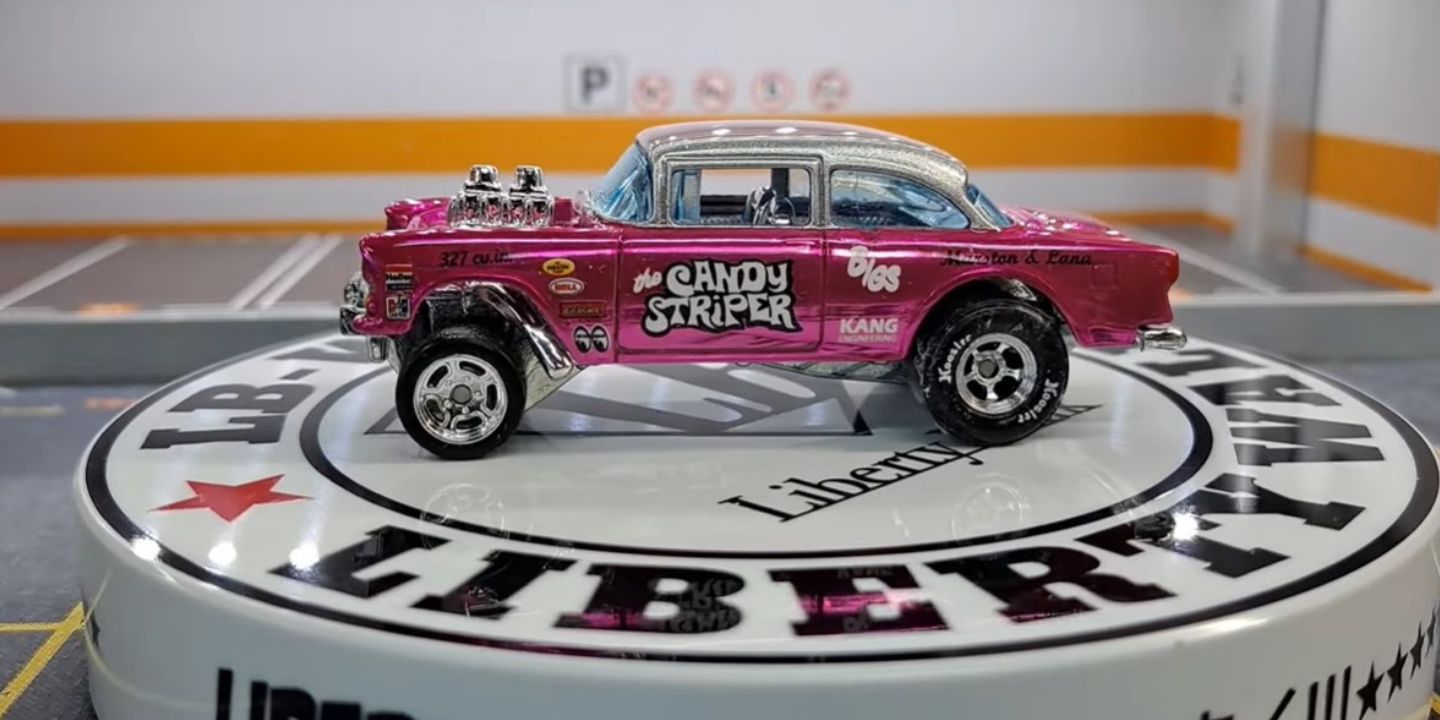What Your Car Really Costs
There are some huge factors outside of your control that heavily influence your car's premium rates. You'll be shocked to see how two similar driving records can have wildly different insurance bills. That gap is often due to the car model, not just driving habits. To give you an idea of the market, we are here with a list of 10 cars that carry the highest price tags to insure, and 10 that have incredibly affordable rates. Let's begin with the cars that top the premium charts.
1. Maserati Quattroporte: ~$5,024/year
This luxury sedan leads the pack with the highest full-coverage premiums of 2025, surpassing the national average by over 239%. Its rare parts and risk of theft drive claims higher. Many owners opt for full coverage, which further pushes the premiums well beyond typical rates.
2. Audi R8: ~$4,568/year
The Audi R8 turns heads—and insurers’ concerns—due to its high-performance pedigree. Even minor crashes can trigger costly, five-figure repairs, amplified by its Lamborghini-based engineering. As a result, insurers treat it like a specialty car, and that affects the premiums.
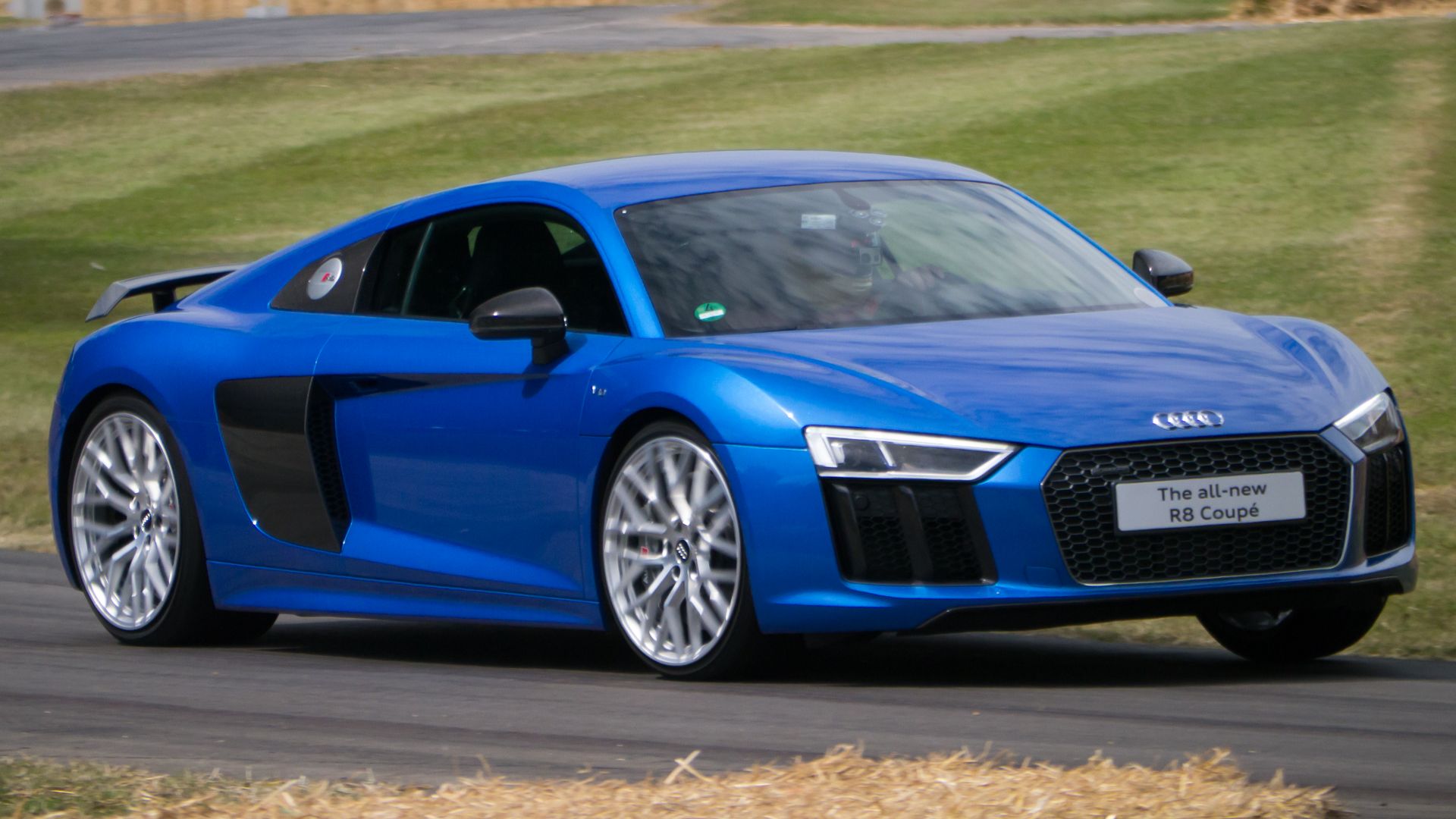 Edvvc from London, UK on Wikimedia
Edvvc from London, UK on Wikimedia
3. BMW i8: ~$4,372/year
What makes the i8 a futuristic icon also makes it expensive to insure. Its carbon-fiber body panels and limited production shoot up repair costs. Since parts are scarce, insurers require original replacements, increasing coverage costs even more.
4. Mercedes-AMG GT: ~$4,130/year
This one's all about its race-inspired design and luxury-class finish. If owners take it to the track, it further increases liability risks. Cosmetic repairs tend to be very expensive for a car that was originally made to pace F1 races.
5. Nissan GT-R: ~$4,064/year
The "Godzilla," another racing icon, tops charts, but mostly due to theft and frequent claims. The GT-R's street-racing image carries a risk profile that makes insurers uneasy. Many drivers, especially younger ones, also modify it, which affects eligibility for standard policies.
6. Maserati Ghibli: ~$4,018/year
Though positioned as a luxury sedan, the Ghibli's repair bills are more in line with exotic cars. Parts sourced from Europe delay claims and raise costs, while its Zegna silk interior adds another layer of value. Even simple servicing can climb into the thousands.
7. Mercedes-Benz S-Class: ~$3,742/year
Everything about the S-Class screams luxury. Advanced safety tech like ADAS sensors demands costly recalibration, and scrapes can exceed $10K. Moreover, it falls among the top chauffeur-driven cars, so underwriters see it as a bigger risk and bump up the rates.
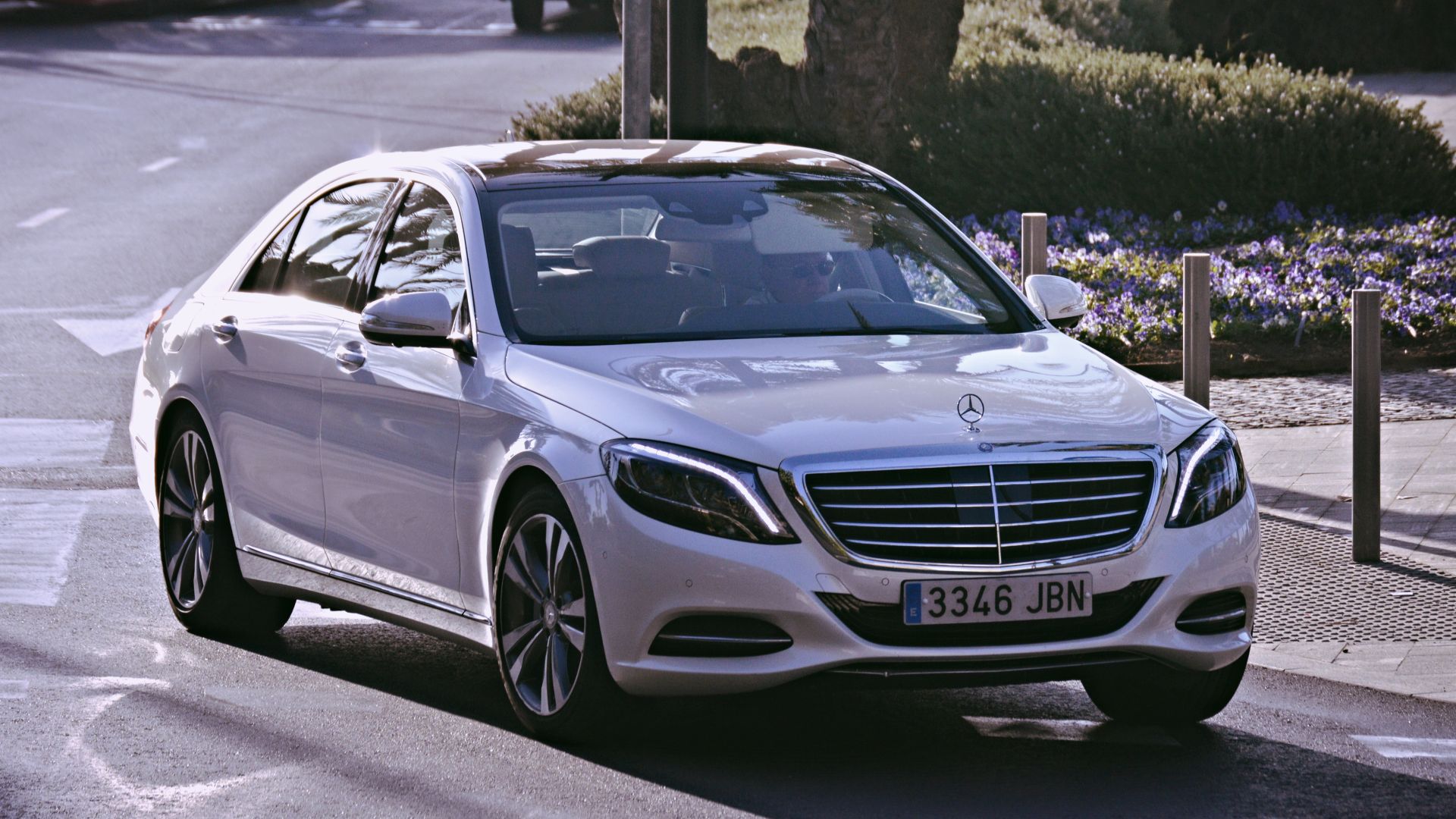 Danny Galvez from Pinoso, España on Wikimedia
Danny Galvez from Pinoso, España on Wikimedia
8. Porsche 911: ~$3,734/year
Next on the list is the 911—not just because of its looks or legacy, but also due to its accident frequency and costly repairs. Its rear-engine layout also complicates crash recovery. Certain policies won't cover track use at all, which is a bigger challenge.
9. Tesla Model S: ~$3,620/year
Premiums for the Model S keep rising due to growing vandalism reports, complex electric architecture, and repair bottlenecks. Plus, Tesla-authorized centers are typically the only option. Add yearly recall headlines, and the high coverage cost needs no more explanation.
10. BMW 5 Series (incl. i5): ~$3,229/year
Premium rates of the 5 Series tend to rise with each model year. Issues like faulty airbags or cameras make insurers cautious. The i5 hybrid trims fare slightly better, but this sedan still lands in a high-risk coverage category.
Now that we've covered the models that demand top-dollar premiums, let's look at the cars that keep insurance costs comfortably low.
1. Mazda CX‑5: ~$364/year
The CX‑5 is known for offering near-luxury comfort at a practical price. Strong crash-test performance and built-in theft deterrents help reduce premiums by over $1,600 compared to the national average—an impressive margin in its segment.
2. Subaru Forester: ~$367/year
Built with durability in mind, the Forester keeps claim costs predictable for insurers. Strong resale history, symmetrical all-wheel drive, and outstanding crash performance—all are factors that place it among the best-rated cars for insurance value.
3. Honda CR‑V: ~$1,574/year
Combining nationwide popularity with minimal insurance friction, the CR‑V delivers value on multiple fronts. Crash scores remain strong, and replacement parts are widely available for it. Theft is also rare. As the second-best-selling SUV, its premium sits well below the national midpoint.
4. Volkswagen Tiguan: ~$1,663/year
You might expect higher premiums for European vehicles, but the Tiguan bucks that trend. Modular component design streamlines repairs, and theft rates remain minimal. Add optional third-row flexibility, and this compact SUV proves surprisingly insurance-friendly for families and solo drivers alike.
5. Honda HR‑V: ~$1,585/year
Honda HR‑V's redesign in 2024 enhanced the tech and utility. Thankfully, this didn't disturb the insurance appeal. The car's affordable repair costs, high safety rating, and modest power output keep premium rates in check even after the upgrades.
6. Kia Niro: ~$1,914/year
For those focused on hybrid practicality, the Niro offers more than just efficiency. It's known for low claim volume and strong safety scores. This drives premiums down nearly $1,000 below average without compromising modern convenience or 50+ MPG capability.
7. Ford Escape: ~$1,735/year
The Escape consistently lands on cheap-to-insure lists for good reason. Its standard safety systems and widely available parts reduce risk and repair delays. Insurers also note fewer claims thanks to its steady owner demographic.
8. Hyundai Venue: ~$1,997/year
Subcompact in size but strong in value, the Venue combines low accident involvement with straightforward repairs. Since 2022, it also includes a standard immobilizer—one more reason insurers classify it as low-risk, and why its premium remains highly competitive.
9. Toyota RAV4: ~$2,180/year
Mass appeal hasn’t led to inflated premiums for the RAV4. Even with top-tier sales, this SUV remains reliably below the national rate. Its safety tech, stable claim rates, and hybrid fuel economy contribute to a balanced profile that insurers trust.
10. Subaru Outback: ~$2,229/year
High durability and solid performance make it easy for insurers to price the Outback conservatively. Built-in safety features reduce accident-related claims, while standard all-wheel drive doesn’t inflate costs. That combination keeps it at the lower end of premium rates.


